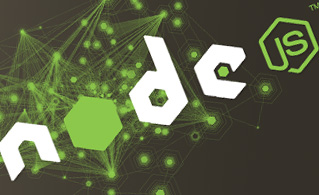Advanced Features
The Advanced tab grants you fast access to a set of advanced features, among them the Memcached memory caching system and the Varnish Cache web application accelerator, which will help you optimize your sites and applications without the need to move away from the Control Panel. Based on the web hosting package, these features are either included by default or are offered in the form of easily gettable upgrades. InnoDB and NodeJS support is available as well.

Varnish
Varnish Cache is a web accelerator also famous as an HTTP accelerator. You can install it in front of any server that speaks HTTP and configure it to cache the contents. Varnish Cache is very, very fast and will improve the speed of your site. One of the essential pluses of Varnish Cache is the flexibility of its principal configuration mechanism, VCL, which enables you to choose how incoming requests should be dealt with.

Memcached
Memcached is a general-purpose memory caching system for increasing the load speed of dynamic database-powered websites. It is used to lower the number of times an external data source (such as a database or API) is read by caching data and objects in RAM. The Memcached system uses a client'server architecture. The Memcached distributed memory object caching system is used by some of the most traffic-heavy sites on the web and is supported by famous web apps like Joomla and WordPress.

Node.js
Node.js is a software system for building scalable Internet applications. Written in JavaScript, Node.js uses an event-driven, asynchronous I/O model that makes it lightweight and effective, suitable for high-performance data-intensive network apps. Node.js uses Google's V8 JavaScript engine, libUV, and a number of in-built libraries.
InnoDB
InnoDB is the default storage engine for the MySQL open-source database management system. A database engine is the principal software component that a database management system uses to create, read, update and delete data from a database. Its latest version offers significant improvements in efficiency, dependability and usability. InnoDB provides the standard ACID-compliant transaction features, as well as referential integrity support. It is included as standard in most binary distributions from MySQL AB.
